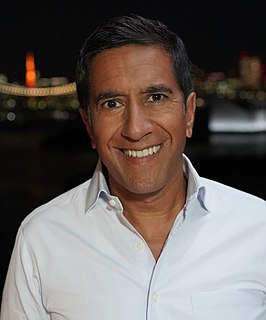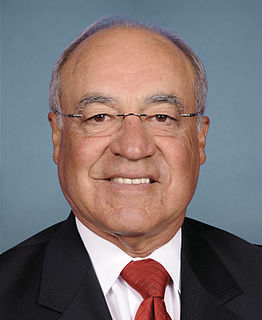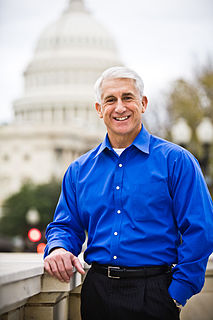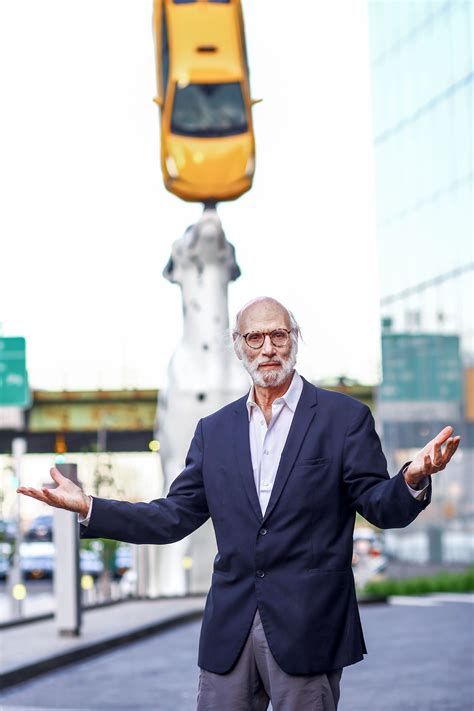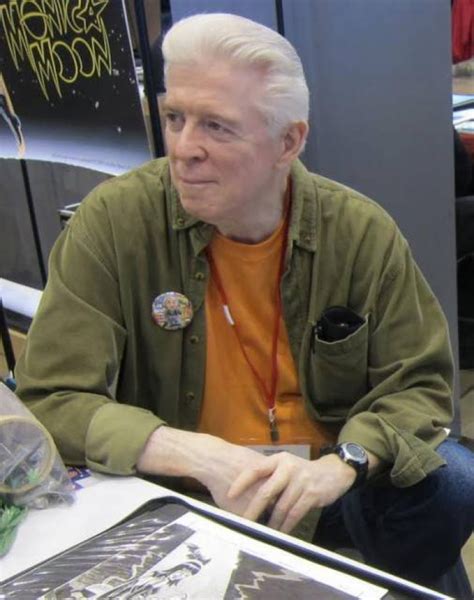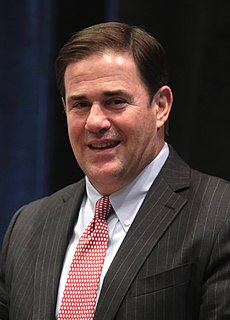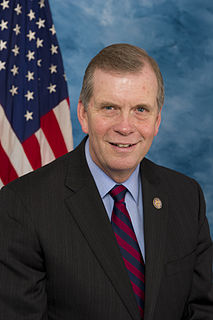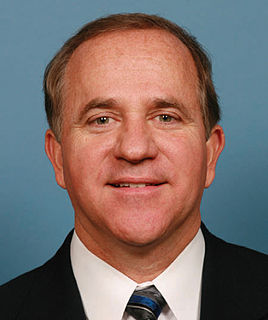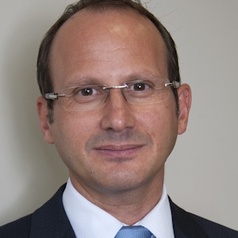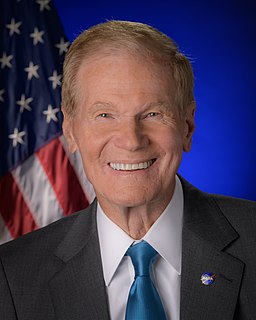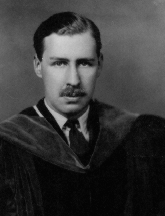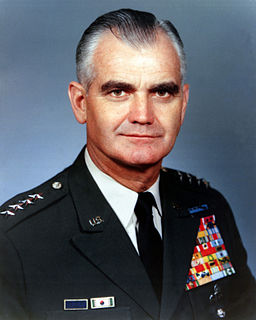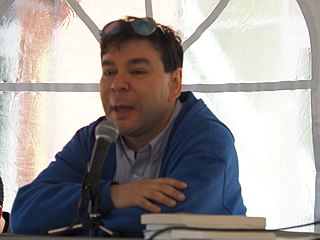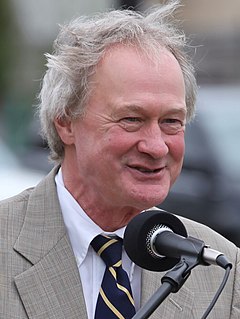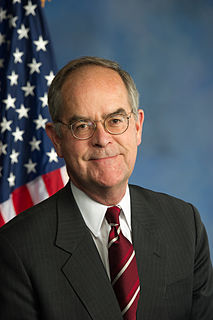Top 1200 Medical Care Quotes & Sayings
Explore popular Medical Care quotes.
Last updated on December 20, 2024.
The truth is, the vast majority of medical care for lower income people in America is shitty. If you go to a free clinic to receive any form of care, the majority of those will be overcrowded with nurses who are tired because they have to work with so many people. We are not a country that invests public money into taking care of poor people, so we usually rely on clinics with very overburdened and underpaid staff.
[Marijuana] doesn't have a high potential for abuse, and there are very legitimate medical applications. In fact, sometimes marijuana is the only thing that works... [I]t is irresponsible not to provide the best care we can as a medical community, care that could involve marijuana. We have been terribly and systematically misled for nearly 70 years in the United States, and I apologize for my own role in that.
Now, it is sometimes said that medical care is too important to be left to the market, and that it is immoral to profit from the illnesses of others. I say medical care is too important to be left to the failed central plans of the political class. And as for profiting from providing medical care, we can never be reminded enough that in a free society, a profit is a signal that valuable services are being rendered to people on a voluntary basis.
Medical disenfranchisement is fueled by a host of factors that include worsening shortage of primary care doctors in needy communities and a troubling scarcity of providers willing to treat the uninsured or publicly insured. Adding to the trend are fewer medical students choosing primary care over more lucrative and specialized fields.
[Professional politicians] don't mind if price controls cause shortages of health care. In fact, they welcome the prospect, because then they can impose rationing; they can impose priorities, and tell everyone how much of what kind of medical care they can have. And besides, ... there's that deeply satisfying rush of power.
The medical profession [in Egypt] is also very commercial. Health is not given to the poor. You know, if you have money, you have medical care; if you do not, then you are in trouble. I was not ready at all to build my economic security on the diseases of people, on suffering, especially of women and children. So, in a way, I rebelled against it.
I got into medical school at the University of California in San Francisco and did well. A lot of smart kids in medical school, and believe me, I wasn't not nearly the smartest one, but I was the most focused and the happiest kid in medical school. In 1979, I graduated as the valedictorian and was honored with the Gold Cane Award.
The role and weight to be accorded medical testimony in Administrative hearings before the Post Office Department was established....These decisions enunciate a rule that informed medical consensus and the 'universality of scientific belief' may be established through the testimony of a (one, single - Ed.) medical doctor.
What does calling this medical care legislation "historic" mean? It means that previous administrations gave up the idea when it became clear that the voting public did not want government control of medical care. What is "historic" is that this will be the first administration to show that it doesn't care one bit what the public wants or doesn't want.
In medical school, students are immersed in the realm of medical ethics. It's where new doctors study, learn right and wrong, ask tough questions, and discuss things like end of life care, genetic testing, and patients' rights. In lots of ways, it's the most important part of being a compassionate and competent doctor.
The field of U.S. cancer care is organized around a medical monopoly that ensures a continuous flow of money to the pharmaceutical companies, medical technology firms, research institutes, and government agencies such as the Food and Drug Administration (FDA) and the National Cancer Institute (NCI) and quasi-public organizations such as the American Cancer Society (ACS).
It is taken for granted that workers should receive their pay partly in kind, in the form of medical care provided by the employer. How come? Why single out medical care? Surely food is no less essential to life than medical care. Why is it not at least as logical for workers to be required to buy their food at the company store as to be required to buy their medical care at the company store?


